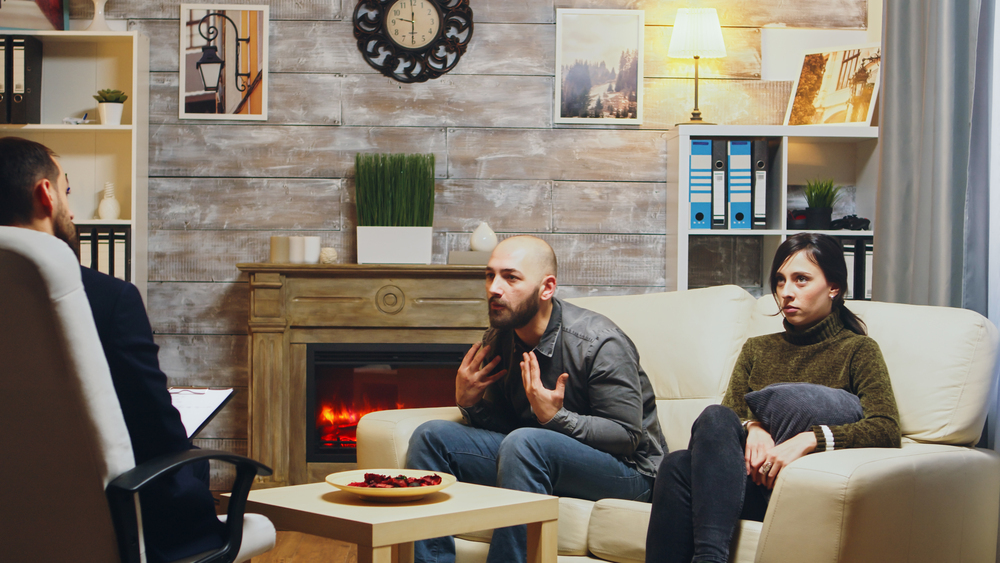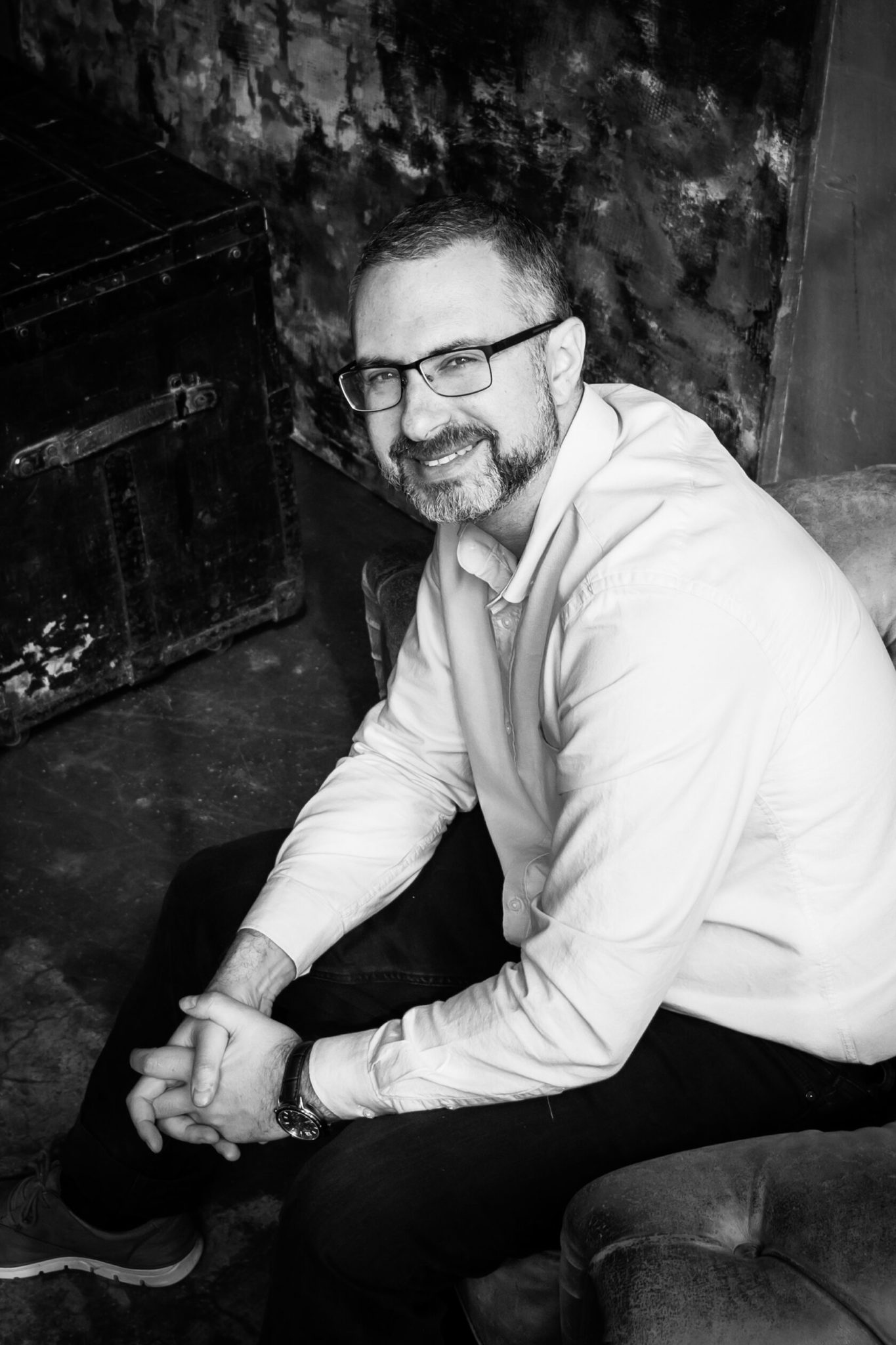The Differences Between Shame and Guilt
Many people confuse shame and guilt, and it is useful to know the difference between the two. The first reason is that shame often masks anger and vice versa. Some chronically angry and raging people unknowingly cover shame with anger. In this case, anger management strategies aren’t quite useful; they need shame management strategies (Read my article on secondary emotions).
The second reason is that while shame leads to avoidance and self-diminishment, guilt brings self-blame and an unmitigated sense of obligation to the person to whom we feel guilty. This wish to give reparation can create a vicious circle where you feel you permanently owe something to the other person and act accordingly, which consumes a lot of your resources in terms of time, money, and energy.
So, let’s see the difference between shame and guilt.
“I messed up” vs. “I am a mess”
A simple example: You snap at a friend in frustration, and later, you replay the moment and wince. If your discomfort is focused on what you did: “I hurt them; I need to make it right” – that’s guilt. It’s about action, and it often pushes us to repair and reconnect.
But if your mind spirals into: “I’m a terrible person; they must hate me,” that’s shame. It’s not about the mistake; it’s about your core self feeling defective. Guilt says, “I messed up badly…,” whereas shame whispers, “OMG, I am a mess…”
Of course, all of us feel shame and guilt sometimes, except for the 1% of people with psychopathic personalities, and it is natural. However, here I am talking about pervasive and persistent shame and guilt accompanying a person. The object at whom these emotions are directed can change, but the emotion itself stays.
Where Shame Takes Root
Shame doesn’t appear out of nowhere. It often comes from parental diminishment of their children. Often narcissistic parents, who give conditional love, raise children full of shame. They meet children’s mistakes with silence or scorn and hold perfection as the only currency of acceptance.
Children who grow up in “shame-based families” absorb beliefs like:
· “You’ll never be good enough. There is some flaw in you; we just tolerate you!”
· “You don’t belong here unless you do what WE expect!”
· “You’re unlovable as you are; be better!”
This kind of shame doesn’t just fade with time. It lingers, shaping how people build relationships, careers, and even their inner dialogue. Some become perfectionists, terrified of failure. Others retreat, convinced they’re too flawed to be truly seen and loved. And in intimate relationships, such people tend to avoid their partners (which can fuel the avoidant attachment style) – secrets kept, vulnerabilities buried, all to avoid that crushing fear: “If you knew the real me, you’d leave!”
The parents of such children carry a lot of anger and dissatisfaction. Therefore, they transmit their share of anger onto the children, shaming them. That’s why angry adults, who grew up with such parents, can be just shameful adults who haven’t overcome their shame.
Shame is also accompanied by emptiness, leading us to fill the inner guide voice with others’ opinions. This is how Nancy McWilliams describes it: “Being empty, one fills this emptiness with others’ opinions, often imaginary, because actually encountering the real reactions is too shameful.” (2)
Where Guilt Takes Root
Guilt can be a moral compass and the voice of conscience when it comes in healthy doses. It’s the reason we apologize and is the force that keeps us accountable. But like shame, it can twist into something heavier.
Some people carry guilt like an endless burden. Many grew up in homes where someone always had to be blamed, where children learned to absorb fault for things far beyond their control.
· “If mom’s upset, it’s because I failed.”
· “If the family is unhappy, I should’ve fixed it.”
This kind of guilt doesn’t lead to repair. It leads to exhaustion, to people-pleasing, to the feeling of never-ending obligation. “I should mend my ways and make up for my badness to the people I hurt!”
Guilt is especially reinforced in families who don’t know how to forget.
Guilt also burdens children in families where parents constantly fight and argue. The child, in their mind, thinks that he or she is the reason for these fights. The child feels guilty that they’re unable to stop the fights between the people they love so much -their parents.
Guilt also carries an element of punishment. The person either punishes themselves for transgressions, real or imaginary – or finds someone to be punished by – in the relationship by their partner, at work by their superiors or colleagues, sometimes even by their own children.
That is the reason why many people are reluctant to discuss parent-related issues in therapy: they feel that merely talking about them might bring an undefined punishment.
The Difference in Size and Volume
Shame makes us feel small and invisible – if only I could disappear! By contrast, guilt makes us feel larger than life – it’s all BECAUSE of what I did; this is how much weight and influence I carry!
Shame comes with helplessness and a loss of energy, whereas guilt might come with a lot of energy. With shame, we feel helpless to change things, like small children dependent on their parents. Therefore, guilt is considered a more mature emotion than shame. Conversely, shame is a more infantile emotion; that is why adult people tend to cover it with something else.
Shame vs. Guilt in Trauma
For trauma survivors, these emotions take on even heavier weight.
Post-traumatic shame makes people feel tainted by what happened to them. People who were sexually abused often describe feeling “dirty” or “broken,” as if the violation stained their very identity, and now they need to be ashamed of being defective. Gabbard et al. describe shame as a natural reaction to the violation of boundaries. (3)
Guilt, meanwhile, traps them in “If only…”: “If only I’d fought harder.” “If only I’d seen the signs.” Even when logically they know they weren’t at fault, guilt clings like a shadow and forces the numerous attempts to fix the past or to make up for it. They project this fixing onto different people in their lives, trying to make it up to them, compensating for their past “transgressions.”
Since trauma can cause both shame and guilt, people who’ve experienced it hide their feelings from others, often from themselves – just as they hide trauma, because these feelings remind them of the trauma, which they’d prefer to forget.
According to Wilson et al.: “Avoidance, a common defensive strategy for coping with shame and trauma.” (1) And though it can be highly adaptive in the short term, in the long term it can sabotage people’s ability to talk about it and deal with it.
Shame and Guilt in Depression
Blatt et al. distinguish between two types of depression. (2) One is based on guilt; another is based on shame.
Introjective depression, also referred to as “melancholic” depression by early psychoanalytic literature, is marked by intense self-criticism, guilt, and self-punitiveness. Freud observed that those experiencing this form of depression turn their negative emotions inward, hating themselves far beyond any real shortcomings. Unlike other emotional reactions, such as anger or anxiety, introjective depression is dominated by sorrow and overwhelming guilt. Individuals with this condition often internalize harsh, critical voices from their past, believing they are morally bad. They may reject sympathy or support, feeling undeserving of kindness, which only deepens their despair.
Anaclitic depression centers on feelings of emptiness, shame, and a deep fear of abandonment or rejection. Those affected struggle with a sense of inadequacy, loneliness, and existential despair, often describing life as hollow or meaningless. Unlike introjective depression, which is driven by guilt, anaclitic depression arises from a longing for connection, warmth, and intimacy – and feeling undeserving of it, therefore rejected. These individuals are highly sensitive to loss and separation, becoming emotionally disorganized when relationships falter. Supportive and caring responses from others can provide temporary relief, easing their shame and filling their emotional void.
Research suggests (2) that while introjective and anaclitic depressions can coexist, the former is distinctly tied to the inability to let go, grieve, and forgive oneself, while the latter is tied to relational needs and the pain of unmet attachment.
Conclusion
In the end, the differences between guilt and shame come down to this:
· Guilt is about doing. Shame is about being.
· Guilt comes from punishment or the threat of punishment; shame comes from control, manipulation, and boundary violation. (3)
· Both guilt and shame can mask as well as be masked by other emotions—e.g., anger, repulsion, sadness, indifference.
· Both guilt and shame can be approached by discerning what emotion belongs to you and what emotion belongs to the parents and was transferred to you within the family system.
· Approaching shame and guilt in therapy aids in reducing symptoms in post-traumatic conditions as well as in depression.
Bibliography
1.Wilson, J. P., Drozdek, B., & Turkovic, S. (2006). Posttraumatic shame and guilt. Trauma, Violence, & Abuse,7(2), 122-141.
2. McWilliams, N. (2011).Psychoanalytic diagnosis: Understanding personality structure in the clinical process(2nd ed.). The Guilford Press.
3. Gabbard, G. O., & Lester, E. P. (1995). Boundaries and boundary violations in psychoanalysis. American Psychiatric Publishing.
Published by author on Psychology Today: https://www.psychologytoday.com/us/blog/the-psychology-of-relationships-and-emotional-intelligence/202507/the-differences-between



